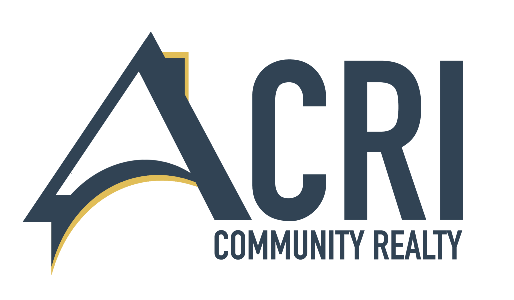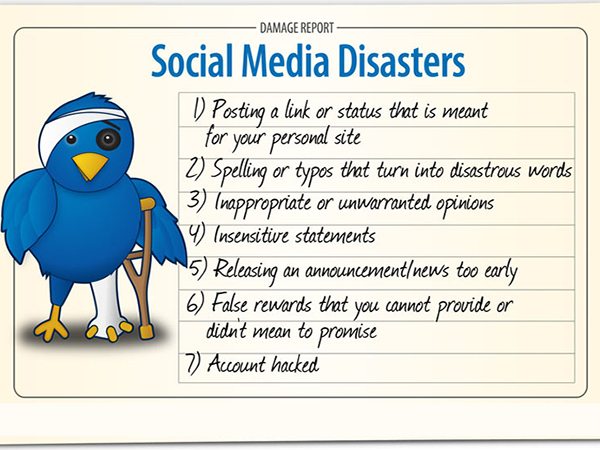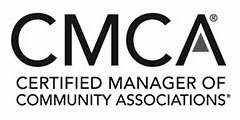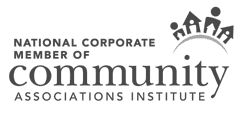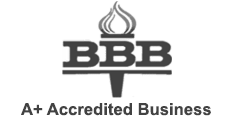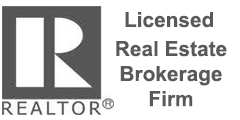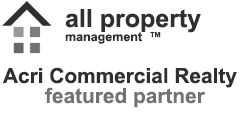In a nutshell, the Association should own its online presence. To begin, every Association should copyright its official, corporate name, as well as other names that may frequently be utilized. This may serve to prevent others from being able to use the Association’s name online.
The Association should also affirmatively run its “official” online presence as it is good practice to never allow an owner or some other person to set up a social media page on behalf of or in the name of the Association because:
-
- others may think it is the official Association page and
- the Association won’t be able to manage/restrict the content on the page.
- the Association also needs to purchase correct insurance to cover the website and have an attorney craft a Privacy,Cookie and Terms of Service Statement.
What do you do when you discover someone has “Unofficially made an Association Website or Social Media Account about the Community?
- If an owner is hosting such an unofficial website,blog or social media page, the Association can politely ask the owner to remove the page and can concurrently direct all owners to “join” the “official” social media page for the community by informing the owners by way of newsletter, e-mail or otherwise.
- If an owner or other person who is hosting the “non-official” website or social media page refuses to take it down, the process of trying to have an “unauthorized” Association social media page or website removed from the hosting the site frequently involves litigation and can be lengthy, expensive and stressful for an Association to endure. In addition to the logistical and economic aspects involved in such an undertaking, first amendment freedom of speech issues would most certainly be implicated, and the end result is not guaranteed.
- However, this being said, the Association most certainly has a duty to at least make a reasonable effort to deal with any unauthorized sites which purport to be the Association site, regardless of outcome.
How to set up an Association Acceptable Use Policy for your Website and Social Media Accounts
As for Association run social media, it is recommended that Associations create an Acceptable Use Policy (AUP) for members who want to post as well as a similarly structured social media policy (SMP) identifying the Association’s social media page(s) as the official page(s) for resident use. Having owners sign a copy of each policy would put them on notice as to the existence of each policy and may dissuade negative behavior associated with a breach of either policy. While the legal enforceability of each type of policy in a Community Association setting currently lies in uncharted waters, given the prevalence of technology in a Community Association setting these issues will most certainly be litigated at some point in the near future. An example of what the AUP should provide for includes, but is not limited to, the following:
- The posting of harassing, discriminatory or otherwise threatening comments and/or material is prohibited;
- The posting of pornographic, obscene, hateful, incendiary, violent, unlawful or otherwise illegal comments and/or material is prohibited;
- The uploading of copyrighted material or images is prohibited;
- The posting of defamatory comments of any kind is prohibited;
- The posting of personal views as representing those of the Association is prohibited;
- The posting of “junk” messages, advertisements or other solicitations, not related to the Association in any way, is prohibited;
While implementing acceptable use and social media policies and monitoring posted site content is surely proactive behavior, these actions can’t completely relieve an Association of potential liability for improper, damaging, false, inflammatory or defamatory content that is posted to the Association’s website or social media page. The key is to never acquiesce, either by way of action or by a failure to act, to potentially harmful postings on the Association site. Associations should contact their insurance professionals and inquire about obtaining standalone cyber-liability insurance and/or adding a cyber-liability rider to their current insurance coverage in an attempt to insure against and offset any potential liability to the extent possible. Such insurance should cover employee technology use, data breach and notification issues as well as “other” potential liability that may arise from and/or out of the Association’s online presence (i.e., defamation, fair credit issues, etc.).
“Board Members should avoid connecting with Association members on social media sites”
By limiting their virtual relationships, they can avoid issues surrounding favoritism and ever-present fiduciary duty issues. If not “friending” others in the community is simply not possible, then the community leaders and Manager must refrain from posting comments about the community or community issues on any website that is not designated as an official community site. Similarly, even if the community leaders, Board Members and Manager are not posting comments about the community or community issues on their own or their friends’ social media walls, they have an obligation to look out for the best interests of the Association when reading comments that are made by others about the Association.
“With Privacy concerns and the ever changing pervasive intrusion of social media into all of our everyday lives, following acceptable practices is the best way for an Association to stay out of trouble. Having a clearly defined policy is the best way to mitigate problems and protect your community into the future. ”
